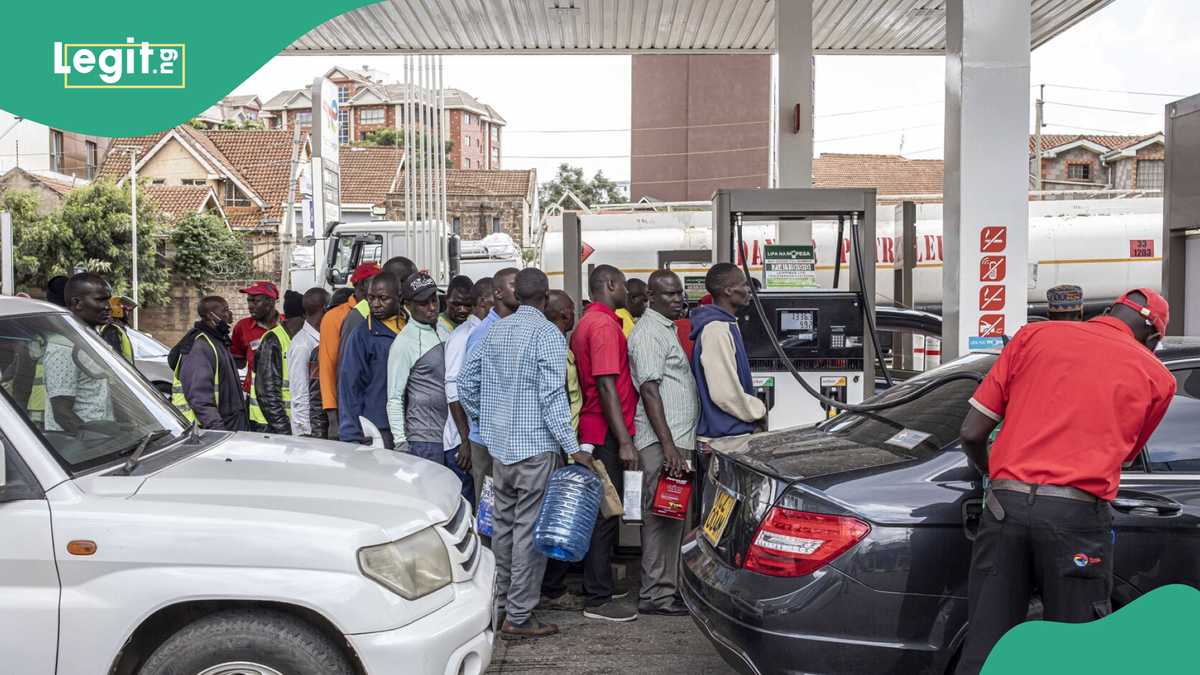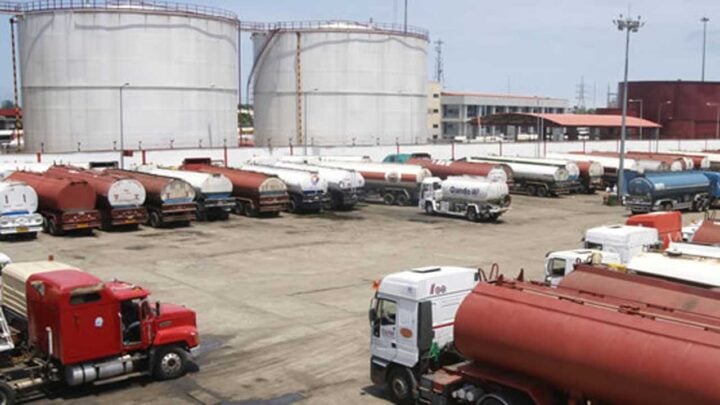Ghana Secures Fuel Supply Amid Energy Sector Reforms and Reduction in Fuel Prices

In Ghana, the Ministry of Energy, through spokesperson Richmond Rockson, has confirmed the procurement of 450,000 barrels of Light Cycle Oil to stabilize the nation’s power supply. Further shipments are expected. This intervention addresses a critical situation where the energy sector is burdened by a $3 billion debt, and the Electricity Company of Ghana (ECG) faces a monthly revenue shortfall of GH₵2 billion, leading to annual under-recoveries nearing GH₵30 billion.
Rockson emphasized that while these immediate measures help prevent power crises, comprehensive structural reforms are essential for long-term sustainability. He pointed out that excluding the fuel component from electricity tariffs results in unsustainable government subsidies. Adjusting these tariffs is necessary to address systemic inefficiencies within the energy sector.
Meanwhile, in Nigeria, depot owners have again lowered petrol prices, aligning with the global decrease in crude oil prices. This adjustment is reflected in major depots across the country, resulting in petrol being sold at rates comparable to diesel. Experts attribute these price shifts not only to crude oil prices but also to improvements in distribution and heightened competitive trade.
Reports from depot owners confirm reduced prices for both petrol and diesel, offering potential relief to filling stations and consumers. Data indicates price drops across key depots. For example, MRS depot in Tincan now sells petrol at N834 per litre, down from N838, while Dangote sells at N835, reduced from N837. Similarly, NIPCO has lowered its prices from N850 to N840 per litre.
Diesel prices have also decreased, with Menj selling at N930 (previously N935), Mao at N930 (previously N935), and Ibeto at N940 (previously N937). These short-term reductions reflect improvements in supply chain consistency, even with fluctuations in Brent crude prices. Internal logistics and distribution challenges continue to significantly influence fuel prices in Nigeria.
Analysts suggest that stable depot supplies and effective coordination among marketers could further drive down local prices, benefiting end-users. The Dangote Refinery's reduced production due to maintenance has led to increased imports, with marketers turning to European facilities to meet regional demands. Petrol imports to Nigeria and Togo rose significantly, nearing the national daily consumption needs.
Dangote Refinery has also reduced its petrol price to N825 per litre from N835, intensifying competition with private depot owners. The Depot and Petroleum Products Marketers Association of Nigeria (DAPPMAN) has expressed concerns about emerging market control in the downstream petroleum industry.











